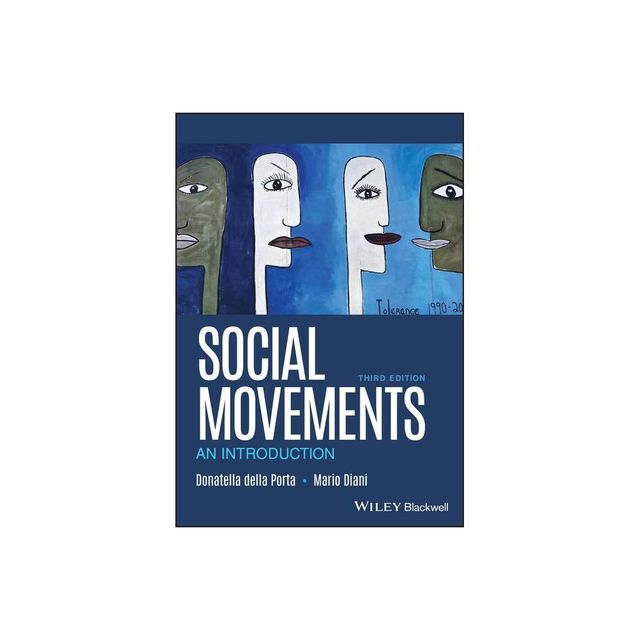Home
Poverty, Solidarity, and Poor-Led Social Movements
Loading Inventory...
Barnes and Noble
Poverty, Solidarity, and Poor-Led Social Movements
Current price: $97.00


Barnes and Noble
Poverty, Solidarity, and Poor-Led Social Movements
Current price: $97.00
Loading Inventory...
Size: Hardcover
*Product Information may vary - to confirm product availability, pricing, and additional information please contact Barnes and Noble
This is an open access title available under the terms of a [CC BY-NC-ND 4.0 International] license. It is free to read at [Oxford Scholarship Online] and offered as a free PDF download from OUP and selected open access locations.
Poverty is not only about material deprivation, but also about the subordination and disempowerment of poor populations. So why isn't the emancipation and empowerment of the poor a core goal of ethical arguments for poverty reduction? Deveaux argues in this book that philosophers fail to prioritize these ends, and to recognize the moral and political agency of poor people, because they still conceive of poverty narrowly and apolitically as mere needs scarcity. By comparison, poor activists and critical poverty researchers who see deprivation as structural exclusion and powerlessness advocate a "poor-centered," poor-led, approach to reducing poverty. Stuck in an older paradigm of poverty thinking, philosophers have failed to recognize the power and moral authority of poor communitiesand their movements for justice and social change.
If normative ethicists seek to contribute to proposals for just and durable poverty reduction, they will need to look to the insights and aims of "pro-poor," poor-led social movements. From rural landless workers in Brazil, to urban shack dwellers in South Africa, to unemployed workers impoverished by neoliberal economic policies in Argentina, poor-led organizations and movements advance a more political understanding of povertyand of what is needed to eradicate it. Deveaux shows how these groups develop the political consciousness and collective capabilities of poor communities and help to create the basis for solidarity among poor populations. Defending the idea of a political responsibility for solidarity, she shows how nonpoor outsidersindividuals, institutions, and statescan help to advance a transformative anti-poverty agenda by supporting the efforts of these movements.
Poverty is not only about material deprivation, but also about the subordination and disempowerment of poor populations. So why isn't the emancipation and empowerment of the poor a core goal of ethical arguments for poverty reduction? Deveaux argues in this book that philosophers fail to prioritize these ends, and to recognize the moral and political agency of poor people, because they still conceive of poverty narrowly and apolitically as mere needs scarcity. By comparison, poor activists and critical poverty researchers who see deprivation as structural exclusion and powerlessness advocate a "poor-centered," poor-led, approach to reducing poverty. Stuck in an older paradigm of poverty thinking, philosophers have failed to recognize the power and moral authority of poor communitiesand their movements for justice and social change.
If normative ethicists seek to contribute to proposals for just and durable poverty reduction, they will need to look to the insights and aims of "pro-poor," poor-led social movements. From rural landless workers in Brazil, to urban shack dwellers in South Africa, to unemployed workers impoverished by neoliberal economic policies in Argentina, poor-led organizations and movements advance a more political understanding of povertyand of what is needed to eradicate it. Deveaux shows how these groups develop the political consciousness and collective capabilities of poor communities and help to create the basis for solidarity among poor populations. Defending the idea of a political responsibility for solidarity, she shows how nonpoor outsidersindividuals, institutions, and statescan help to advance a transformative anti-poverty agenda by supporting the efforts of these movements.

















